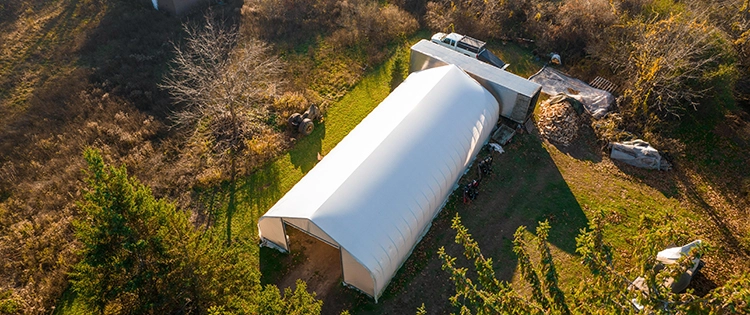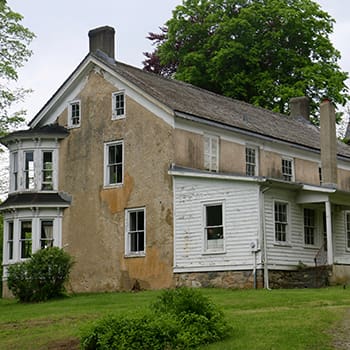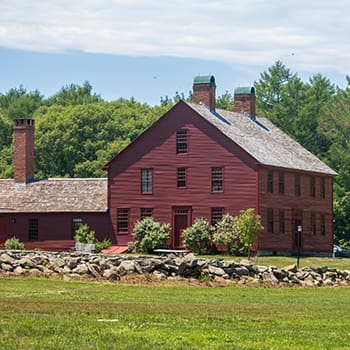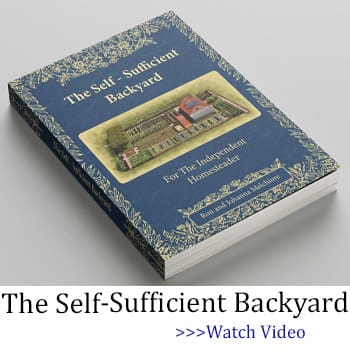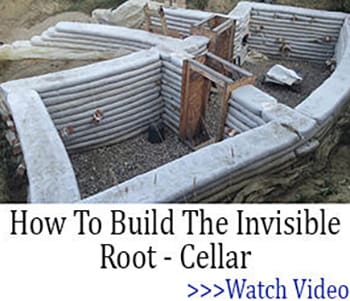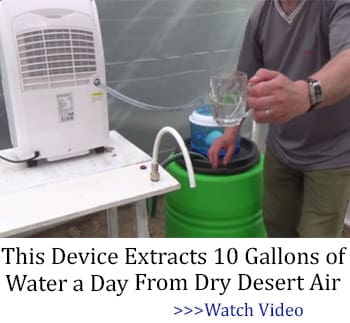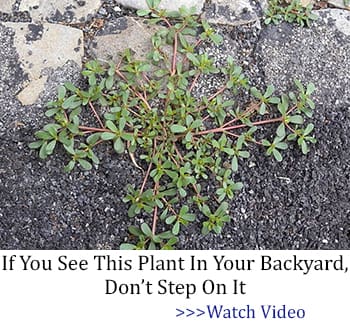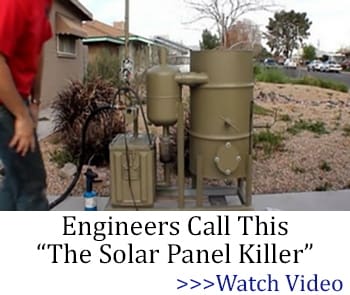Self-sufficiency is starting to become a necessity for more and more people. As the cost of living is increasing all over the U.S., switching to an off-grid lifestyle could become the norm soon. Or at least I think it should.
For anyone who can make the switch, there’s no reason not to. But for those who live in certain states, the challenge might prove a bit more difficult. Off-grid living is, in theory, legal in most states in America. However, you’ll find states that regulate rainwater collection, some that have solar energy special requirements, and others that don’t even have the option of disconnecting from the power grid entirely.
Many states also have restrictions on things like selling milk from your off-grid homestead, the size of your home, processing waste, or how much livestock you can have on your property.
Of course, legislation is not the only factor you need to consider. While researching for this article, I made sure I included some other important factors, such as climate, water availability, cost of land, and cost of living. Here are the worst states for living off-grid and what you can do if you live in one of them.
New York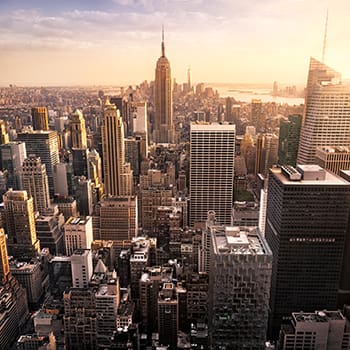
New York is probably the strictest state when it comes to living off-grid. First, you won’t be able to legally build anything outside the building codes. If you do, the fines are so high that it just isn’t worth it. That also applies to any off-grid solar power system. Although technically legal, you’ll need to meet some very strict local rules.
If you look at the climate, New York is susceptible to hurricanes, flooding, snowstorms, and severe weather events, which could impact the way you would sustain an off-grid homestead, and it is also not the ideal place for solar power.
The cost of land is almost prohibitive; it can easily get to $70,000 per acre. And if you add to that the cost of living—one of the highest in the country—I wouldn’t suggest this one for your future homestead.
California
In some ways, California is similar to New York, especially in regard to the cost of living. However, unlike New York, here you can find very cheap desert land. But if I were you, I would think of the weather before making any decision. The state is prone to natural disasters, from hurricanes to tropical storms, wildfires, and earthquakes. These events result way too often in long-term blackouts, floods, and huge damage to any solar power system that might sustain your off-grid situation.
If we’re talking about restrictions, you will have to obtain permits even for digging a well on your property. The regulations for solar power systems are quite permissive, but you would still need to get permits for any alternative structures on your property.
You won’t need any permits if you want to install this DIY backyard power plant on your property in California or anywhere else.
However, the biggest downside to living off-grid in California is the taxes. They have some of the highest taxes in the country, especially for gas.
New Jersey
Another state I wouldn’t recommend is New Jersey. You can only build a home with water from the city water supply, and you need to be connected to a local sewer system. If you plan on building anything on your property, you’ll need to meet a lot of local restrictions and building codes. Some might not allow you to raise livestock to sell. You can’t even camp on your own property.
Also, if you plan on collecting rainwater, you must use it or empty it in just a few days; in my book, this defeats the whole purpose. This does not apply to every county, but it’s worth mentioning here.
New Jersey has a relatively good climate, but it’s also affected by hurricanes and winter storms that could cause severe damage to your property and any alternative energy systems you have installed.
But the biggest downside is that the cost of living and the cost of buying land are just too high. And because most of the state is coastal plains and urban areas, it could be challenging to find land suitable for an off-grid lifestyle.
Nevada
Going off-grid in Nevada might prove even more difficult than the previous states. Whether or not it is legal to go off-grid there is based on a technicality. Ideally, this lifestyle means being completely self-sufficient, but in Nevada, authorities require you to be connected to a state water supply. Plus, you need special permits to disconnect from the grid.
If you were to discover a remote county that doesn’t have these requirements, you’d find it hard to deal with the climate. We’re talking about a very arid state, and although it might be easy to produce your own solar electricity, it would be hard to produce your food and raise livestock. Not to mention how hard it is to find water.
Connecticut
Just like its neighboring state, New York, there are a lot of restrictions. State codes either forbid or make it hard to live such a self-sufficient lifestyle. Most of the counties require their residents to be connected to a city sewer system. This pretty much makes living off-grid illegal.
The price of land is one of the highest in the country. But even if you could afford to buy a small plot, it’s hard to farm here. There are a lot of restrictions on how many animals you can have on your property or the size of the greenhouse you can build.
Hawaii
I’m aware Hawaii is considered by many the paradise of off-grid living, and I have to admit, it does tick some criteria. But it made it on this list because of two very important issues, both of which are dealbreakers in my book.
First is the cost of land. Prices in Hawaii are a bit astronomical. Add to this the cost of living, which is one of the highest in the country, and you have a no-go.
And now the big problem. The risk of hurricanes and tsunamis is huge, but the active volcano looming over the island is the biggest risk and something you have to decide for yourself if you can overlook.
Arizona
Arizona is another highly regulated state for off-grid living, and although there’s plenty of sun for solar energy and the land is quite cheap, it’s not easy to sustain an off-grid lifestyle in Arizona.
You would need a permit for pretty much anything you would want to build on your property. Even for installing a solar off-grid system, you’d need to get a permit and go through an inspection.
Plus, power companies in Arizona charge customers a monthly fee just for having solar panels installed and producing their own electricity.
Also, because it has a lot of arid land, water is strictly regulated. In some counties, it’s illegal to go completely off-grid with your water supply. And if have any surface water on your property, you won’t be able to use it whenever or however you wish.
Whichever state you live in right now or plan to live in, here’s something you can add to your property that is perfectly legal in every part of this country. It’s a Modular Backyard Power Plant you can make yourself. I already made one and installed it in my backyard, and after a few months of using it, I can say it’s one of the best upgrades I’ve made to my homestead.
You may also like:
The Best Places In America To Start Your Homestead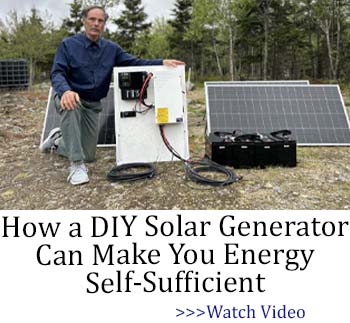
How An EMP Will Affect Your State (Video)
6 DIY Projects to Protect Your Plants From Frost
